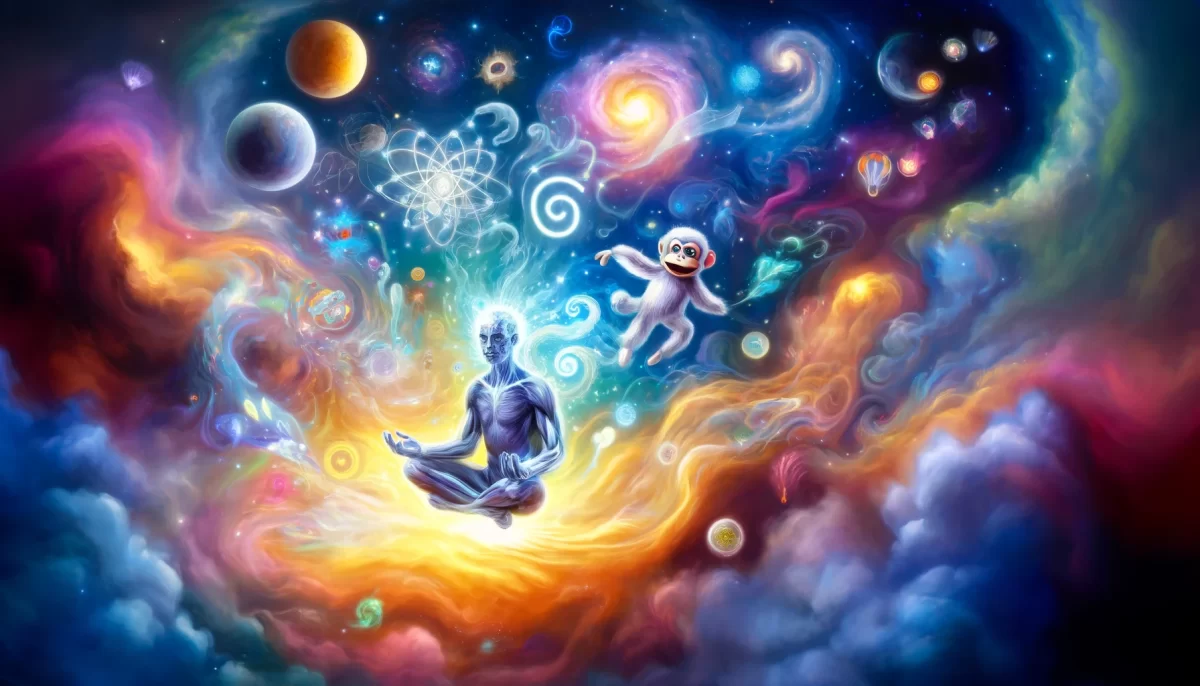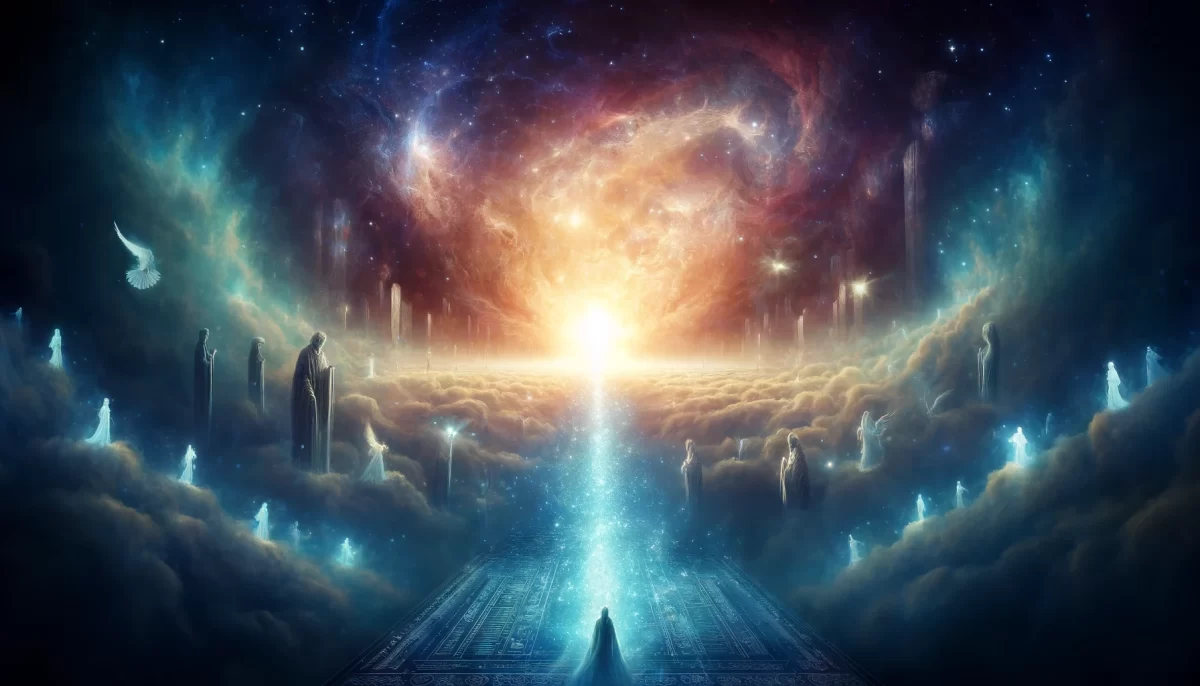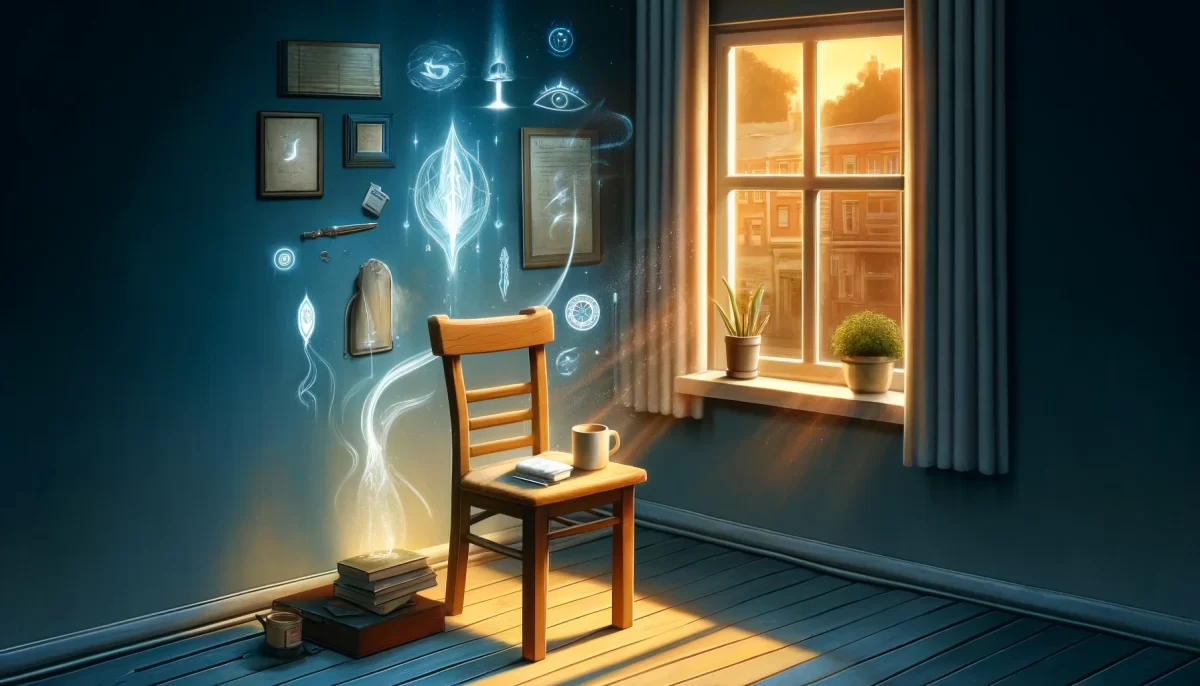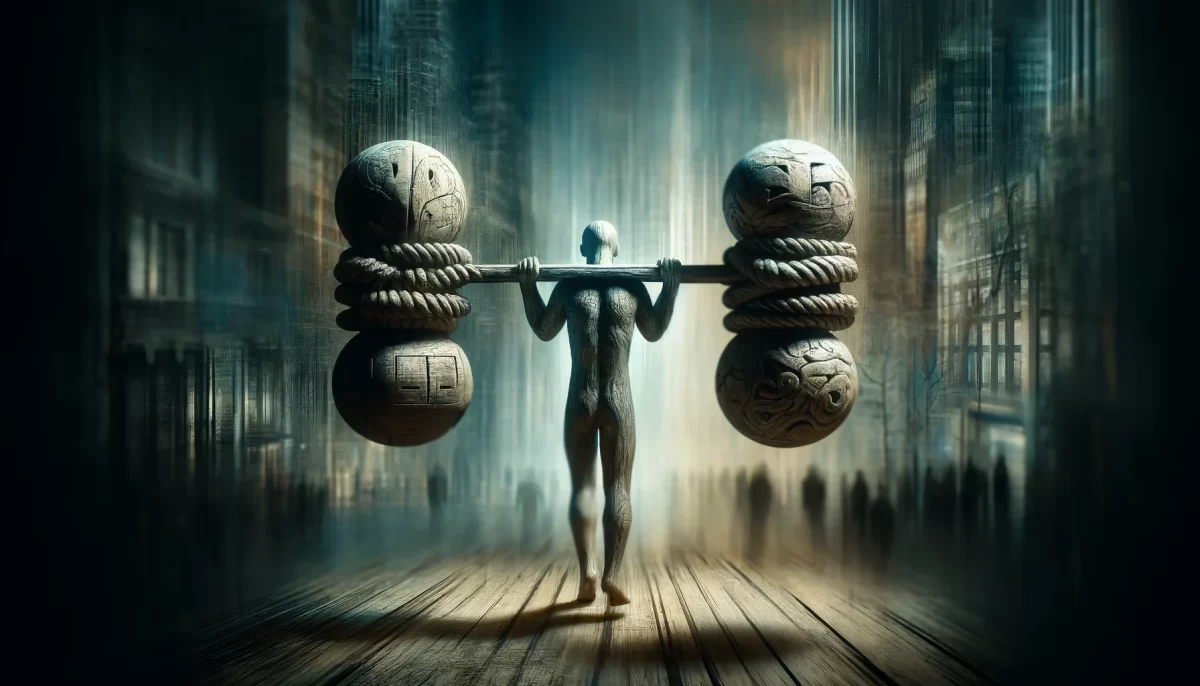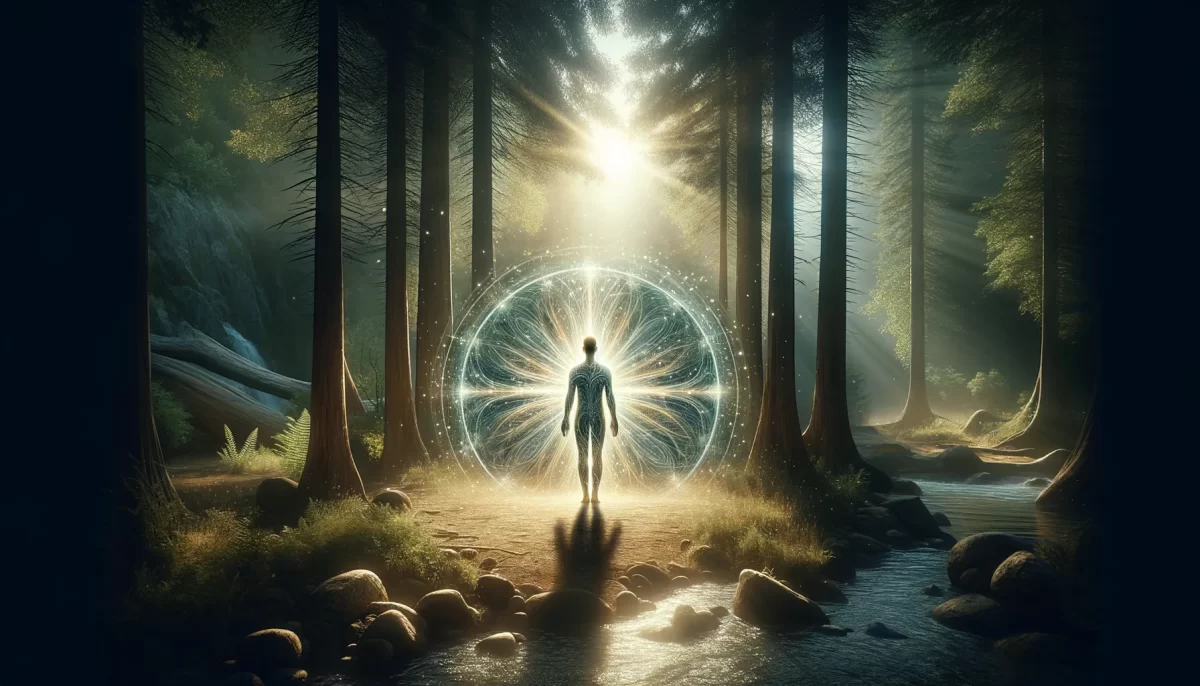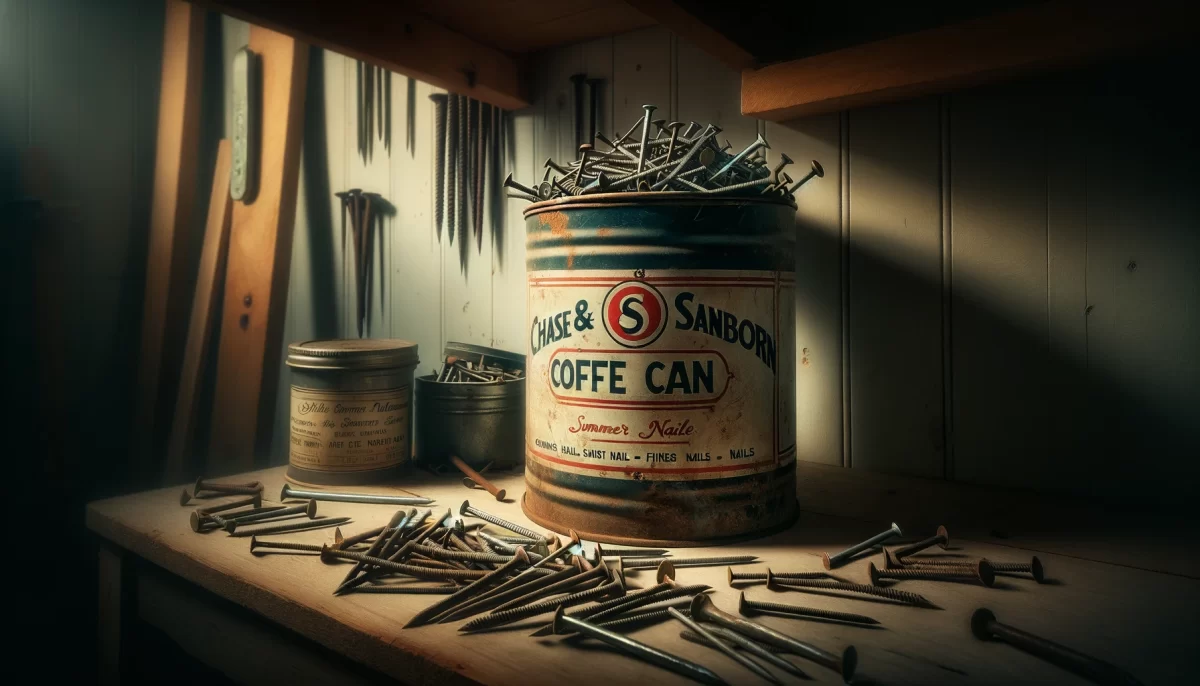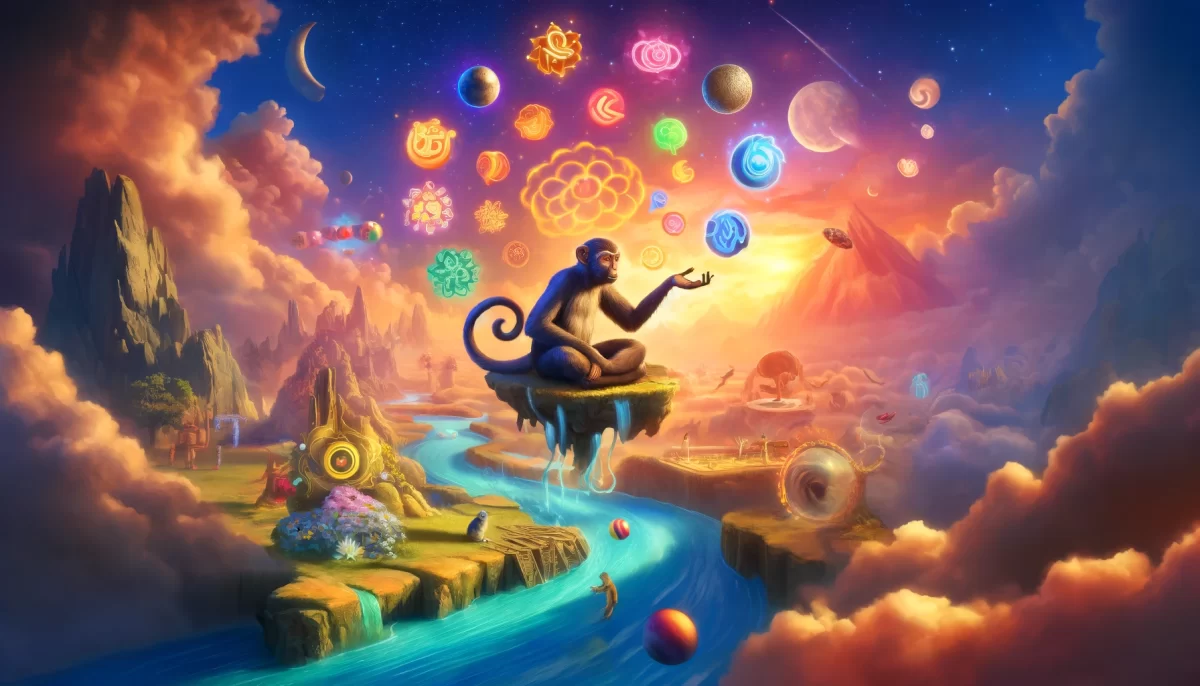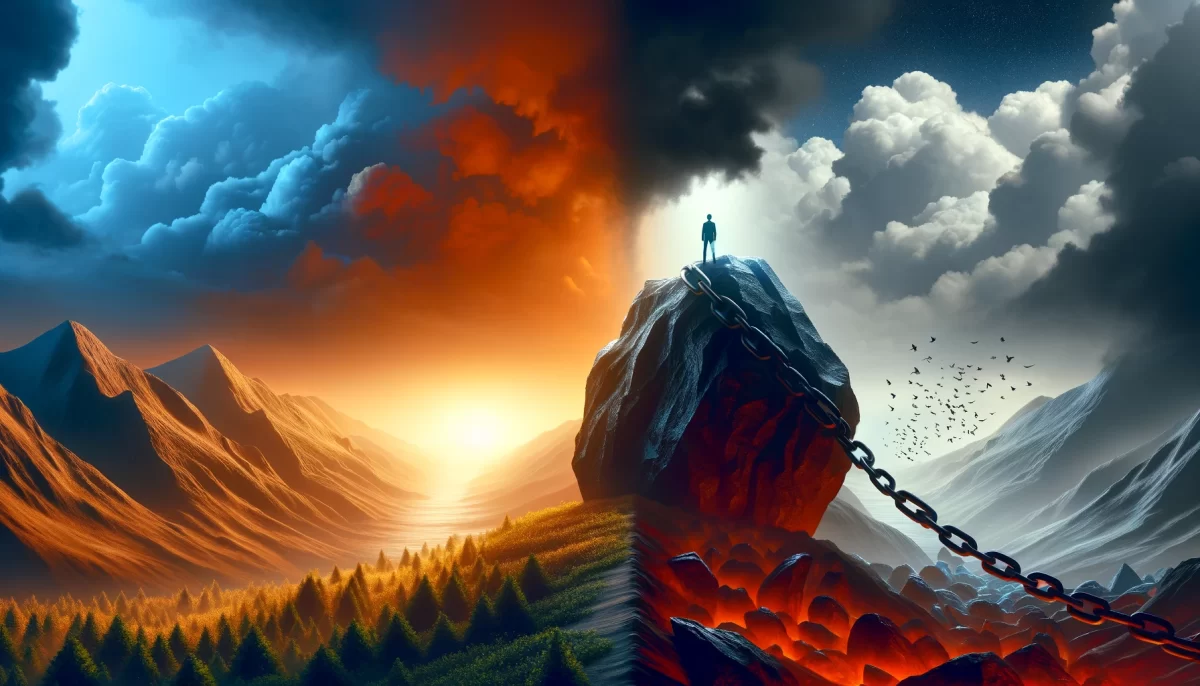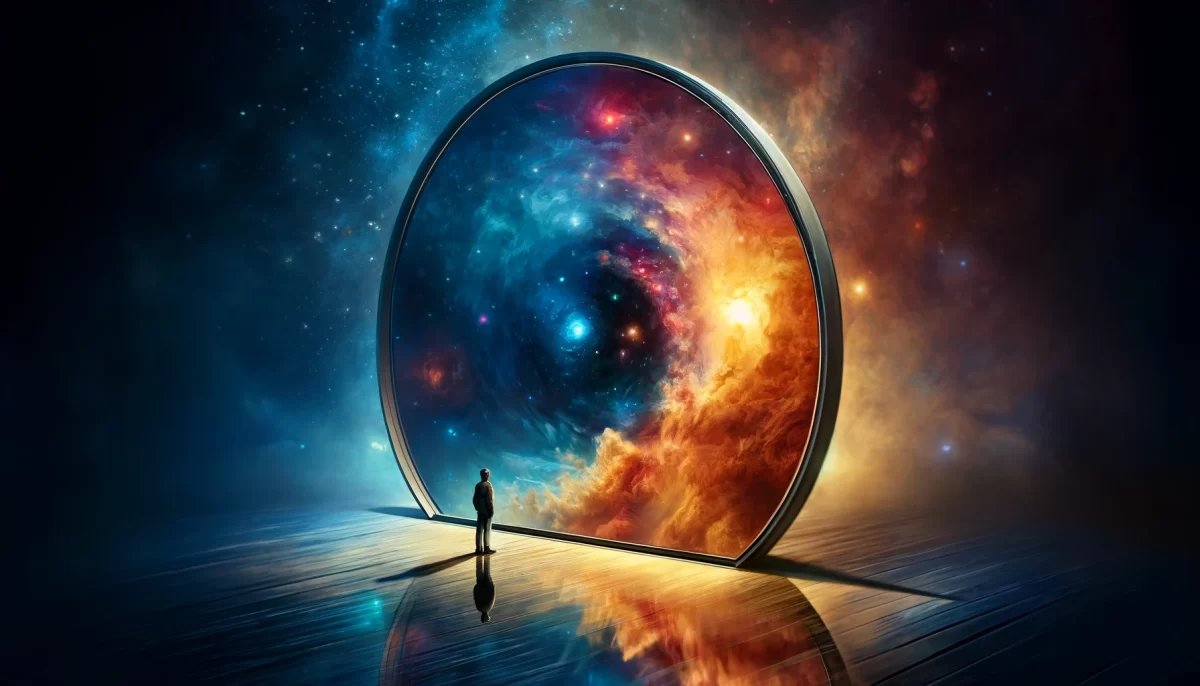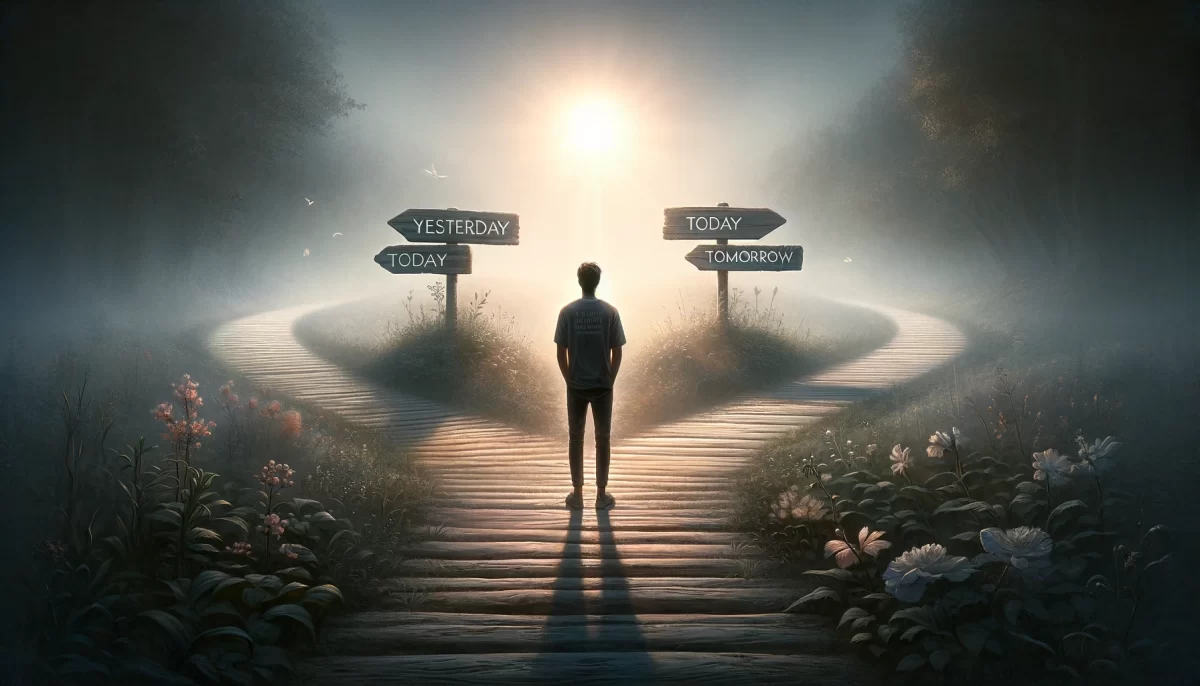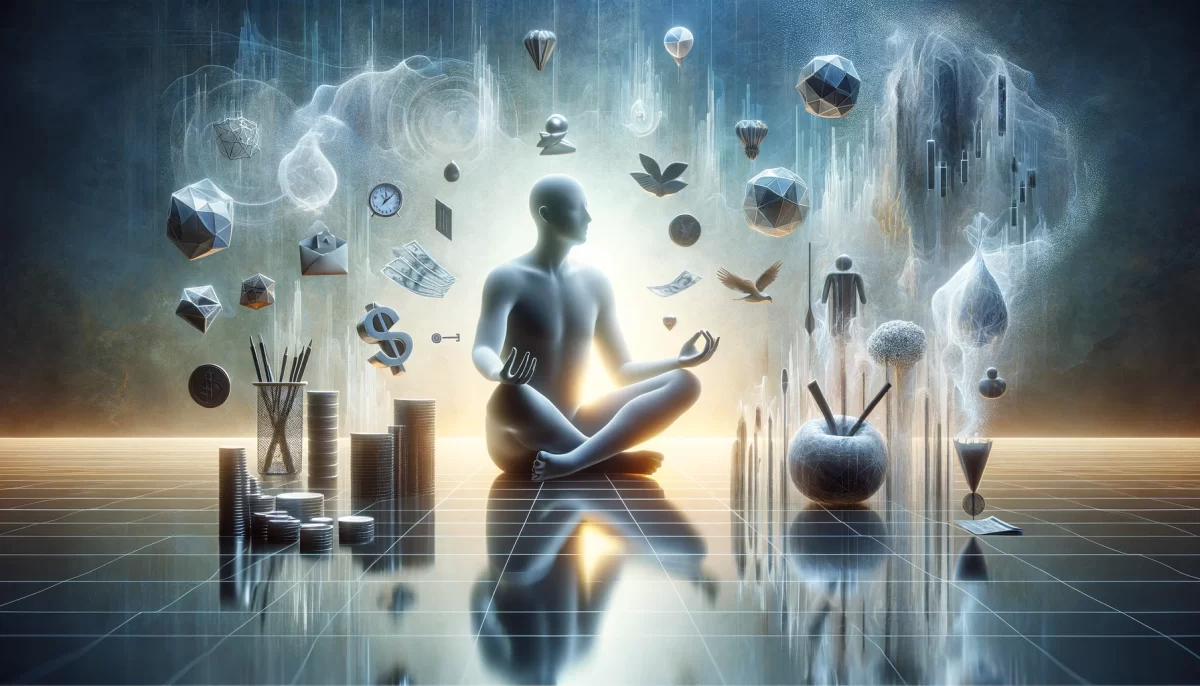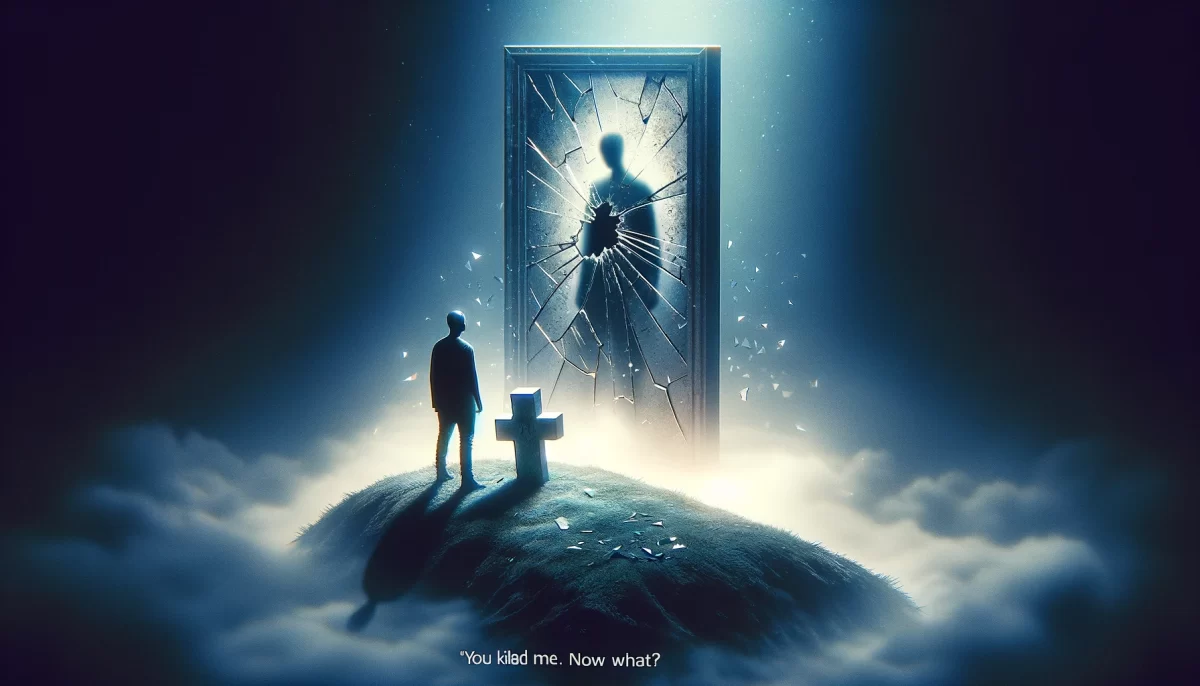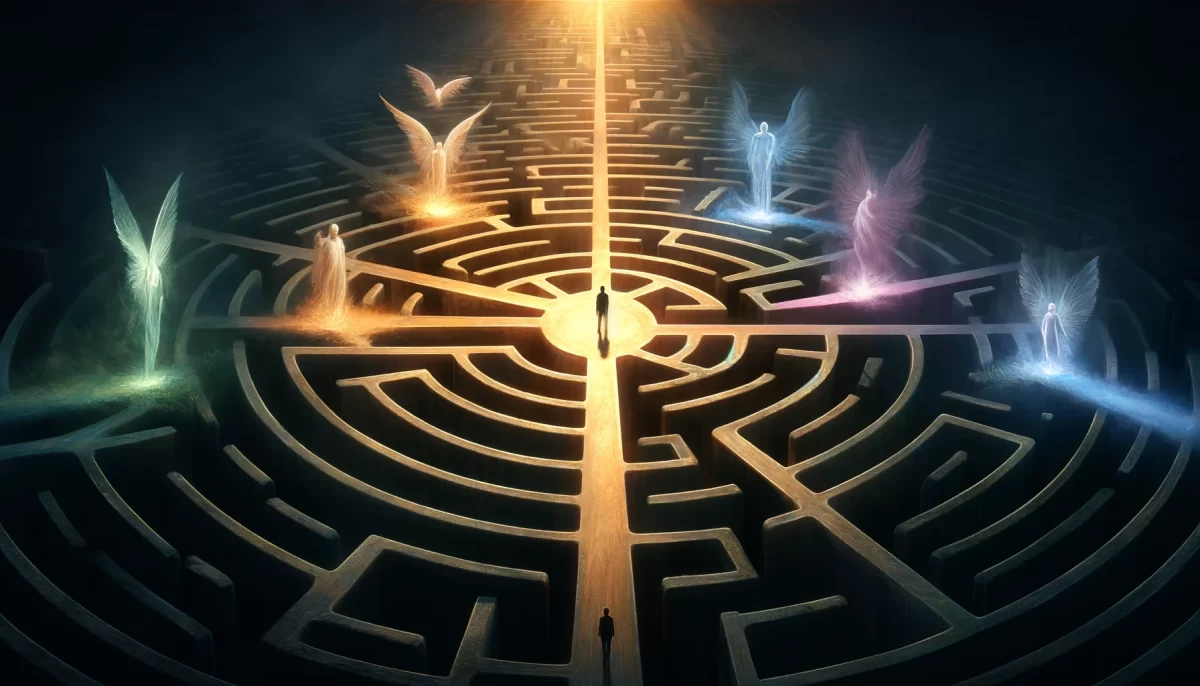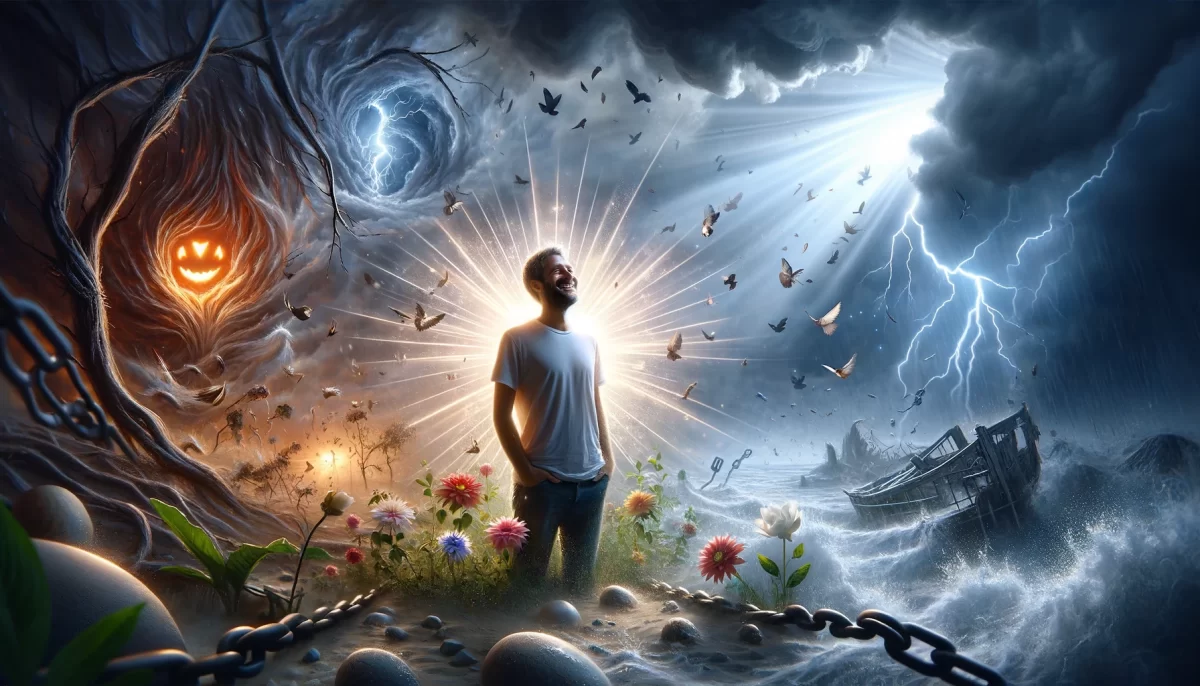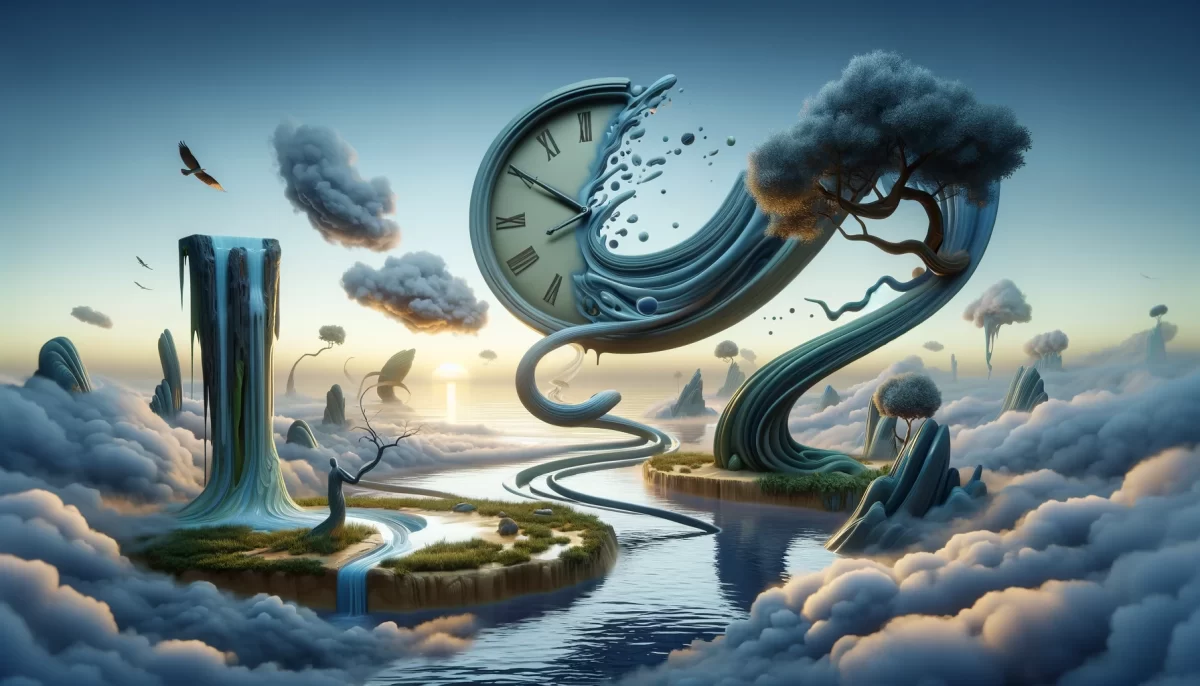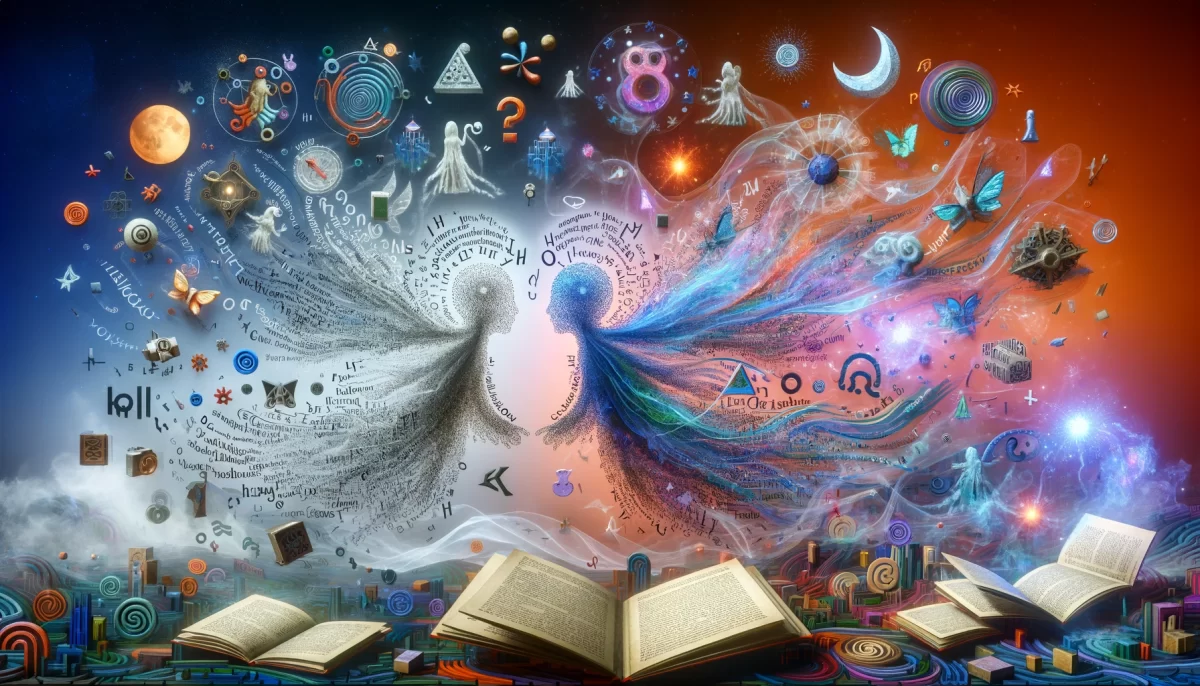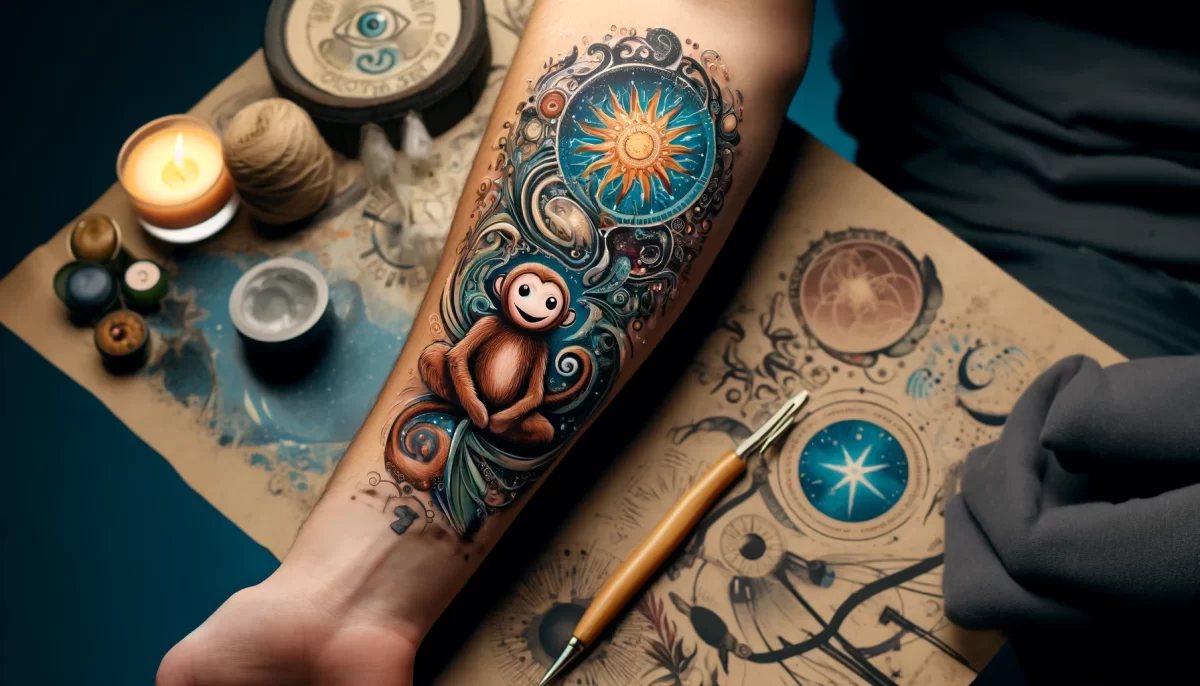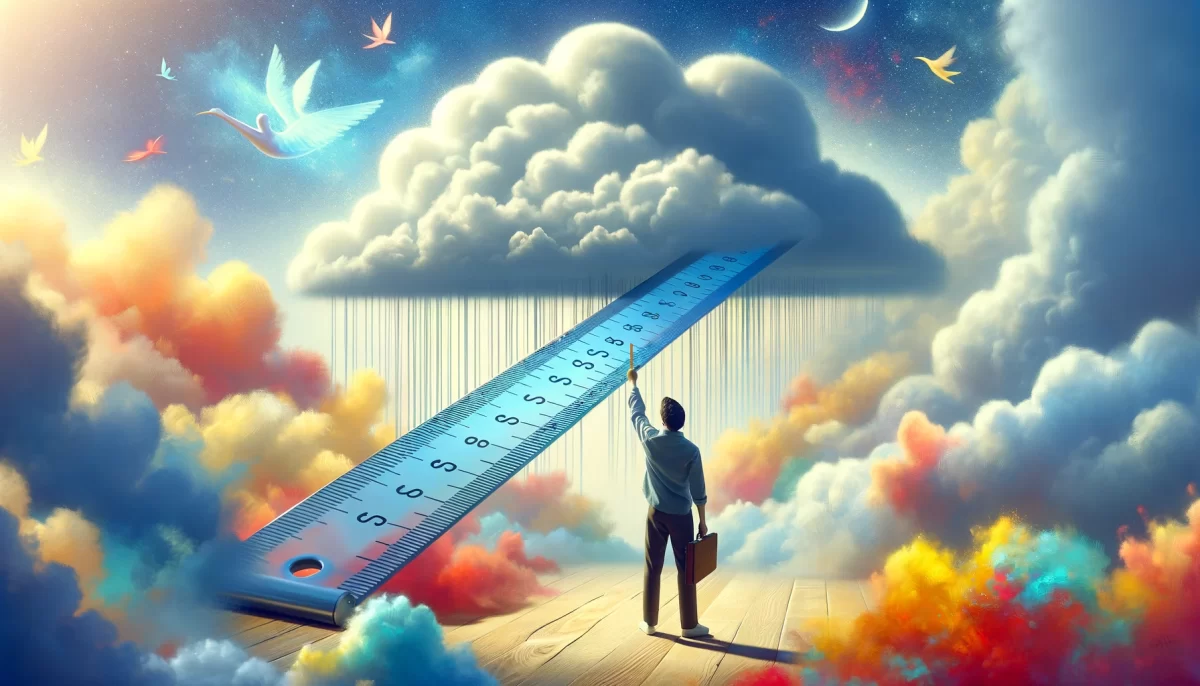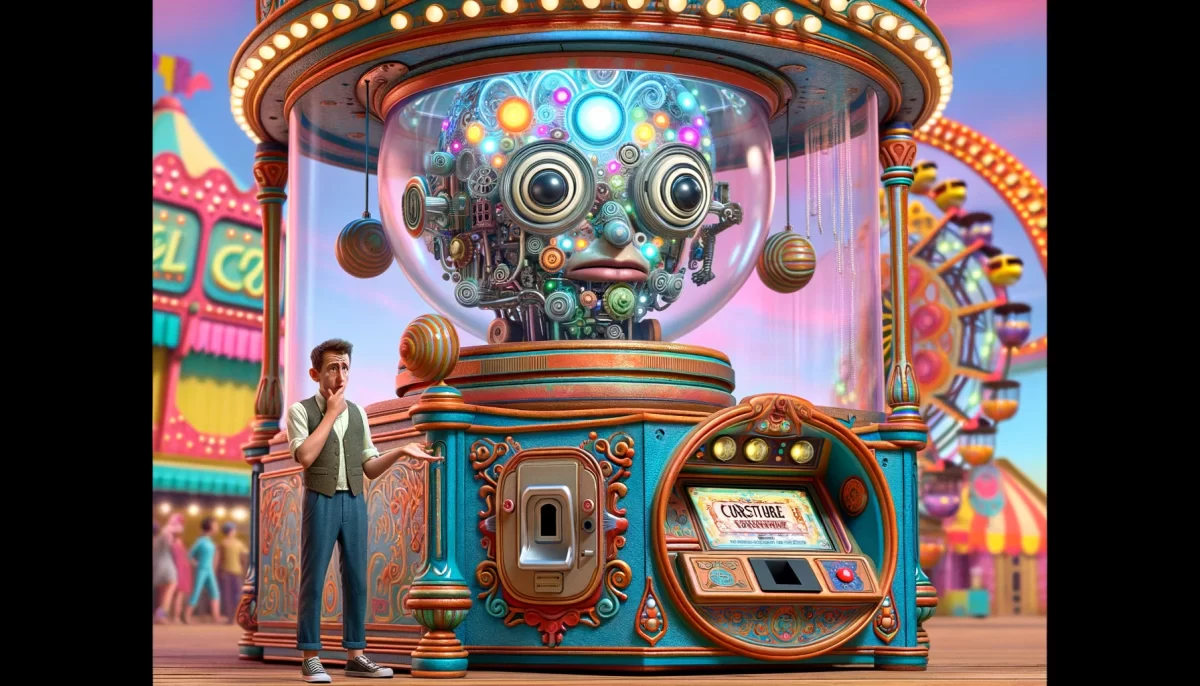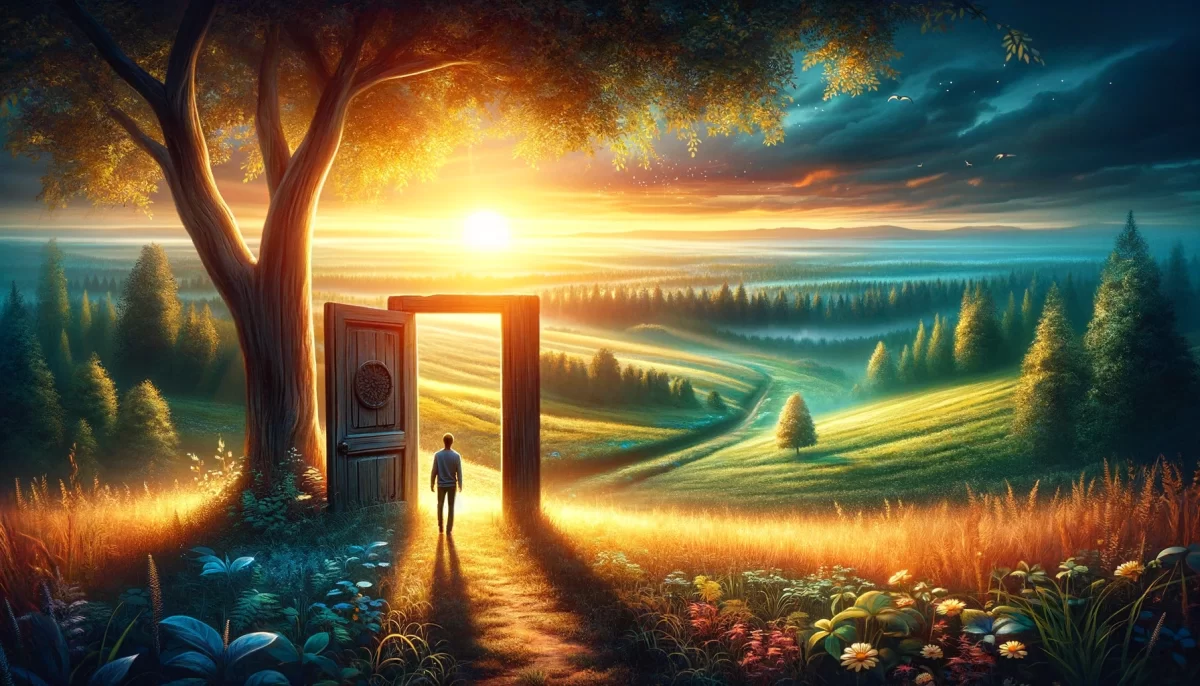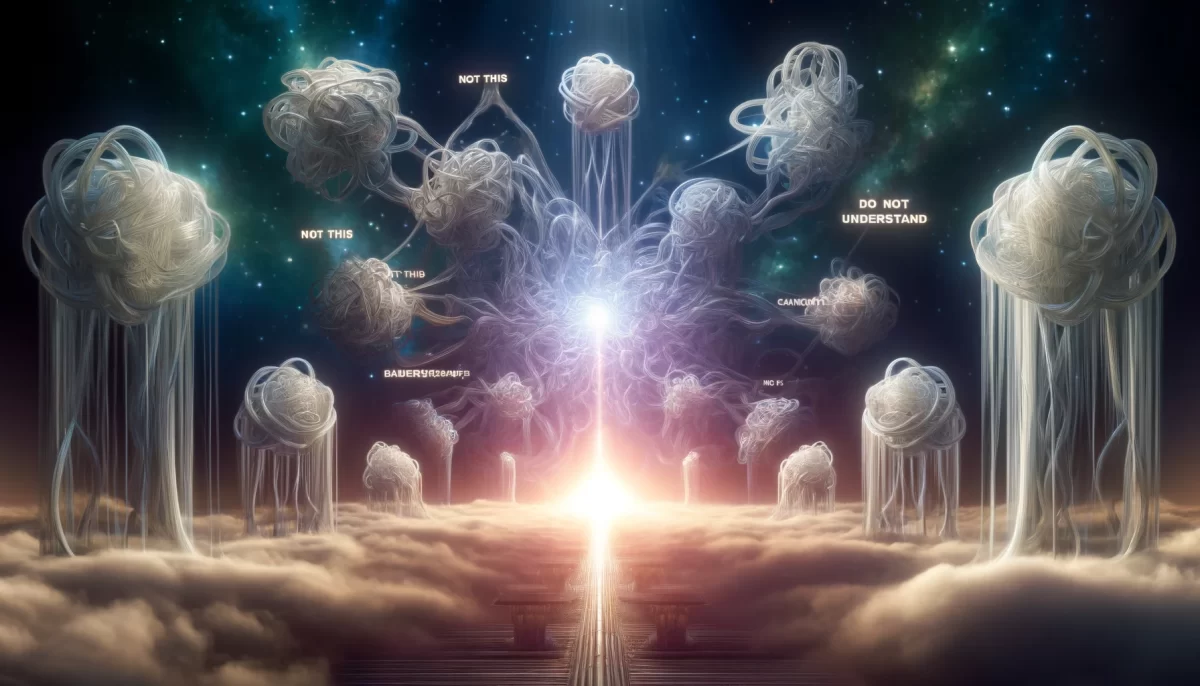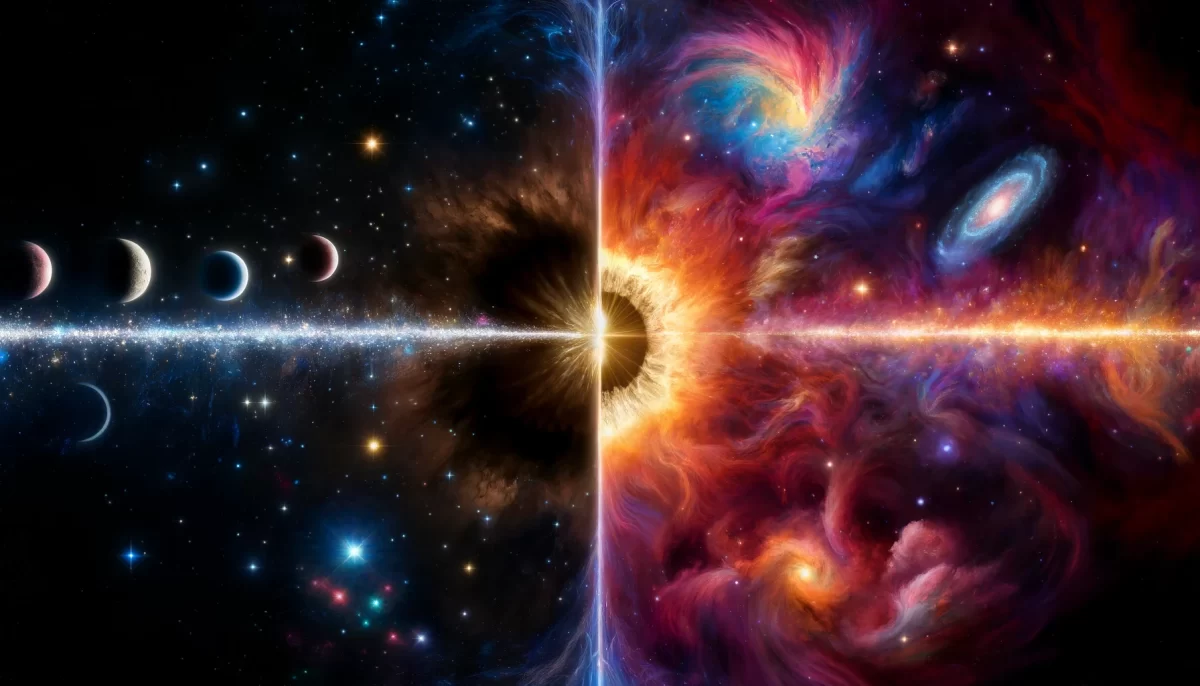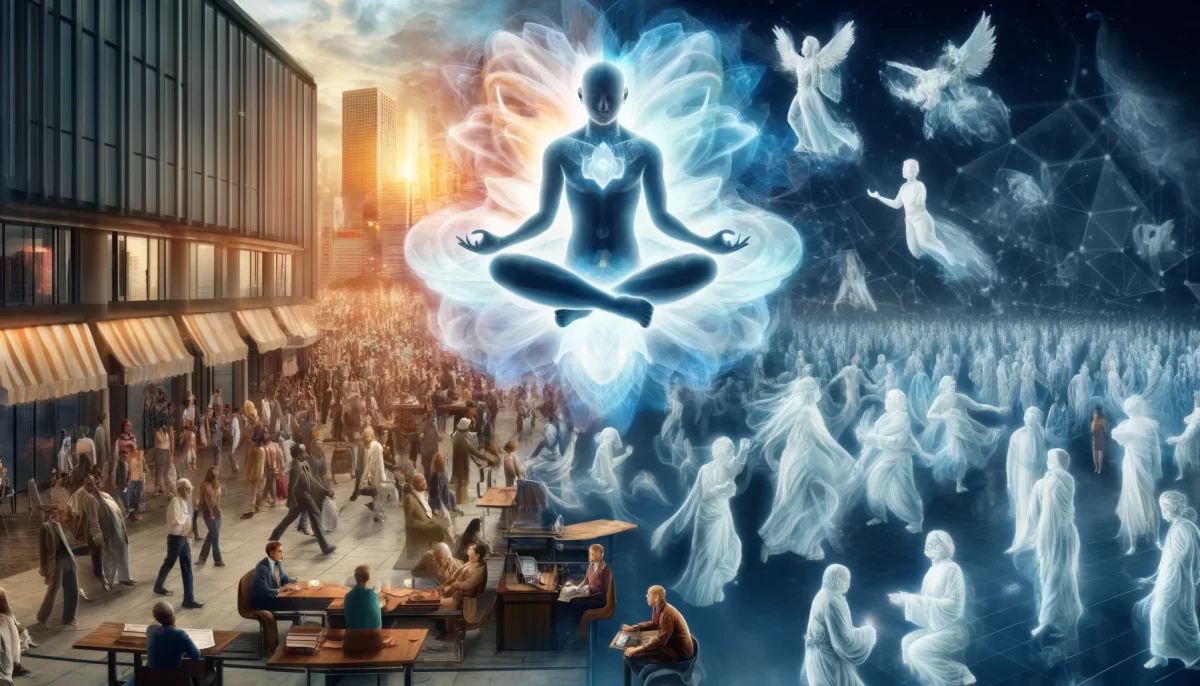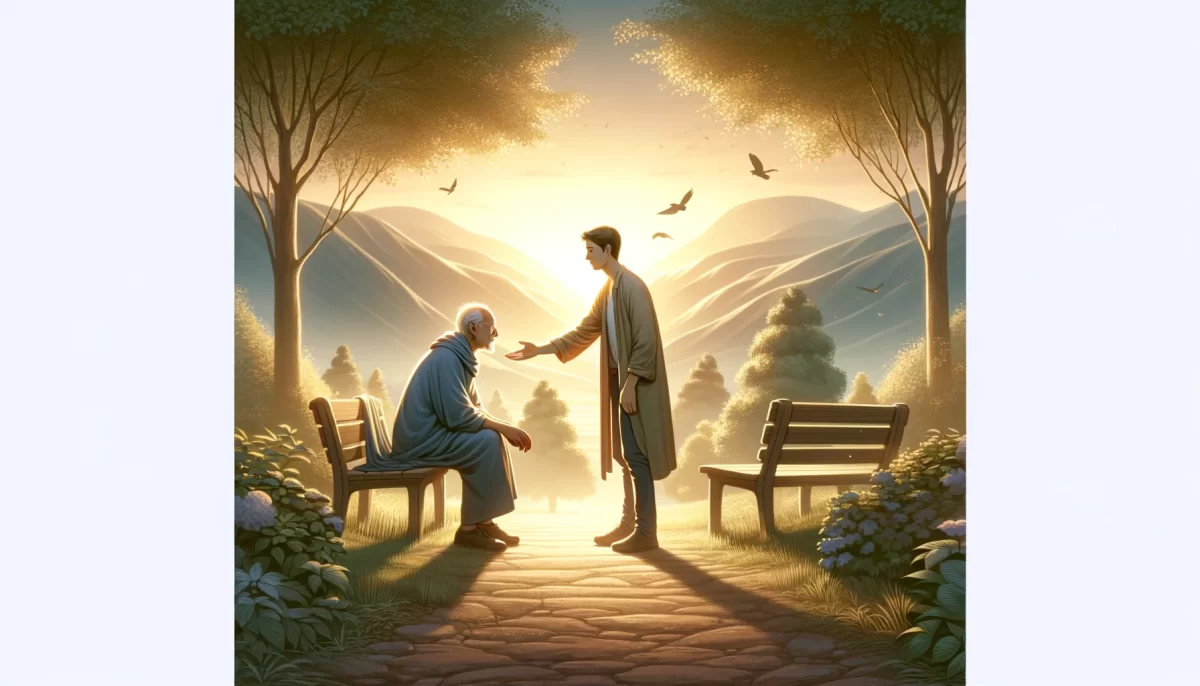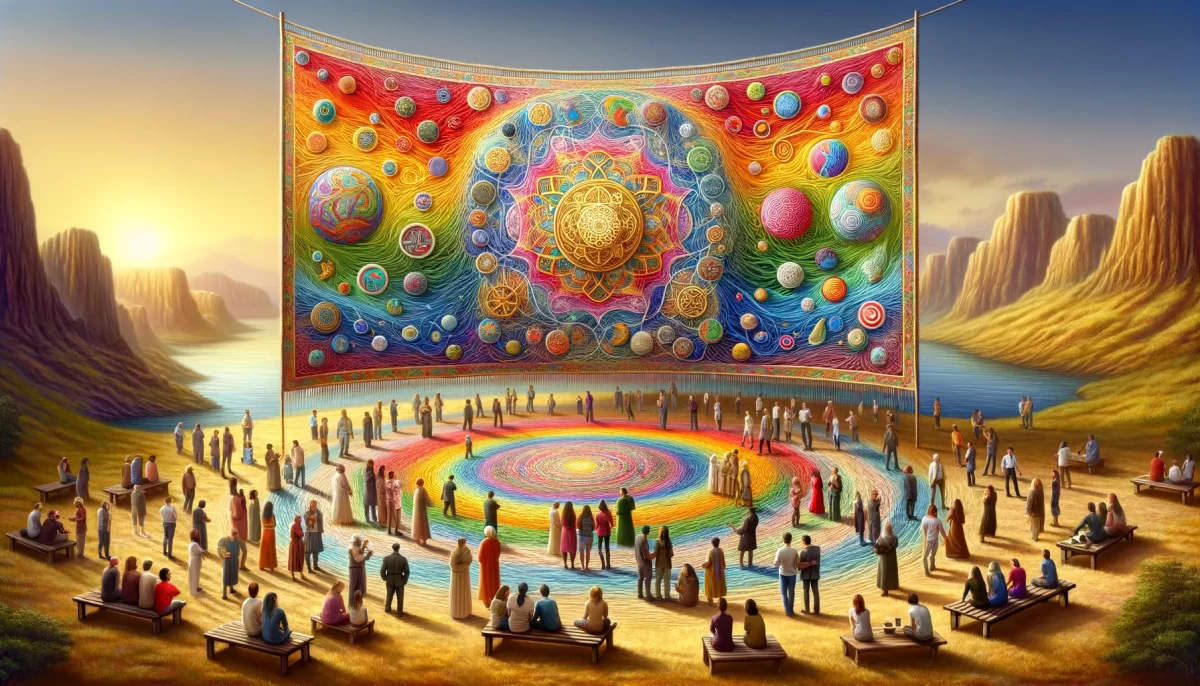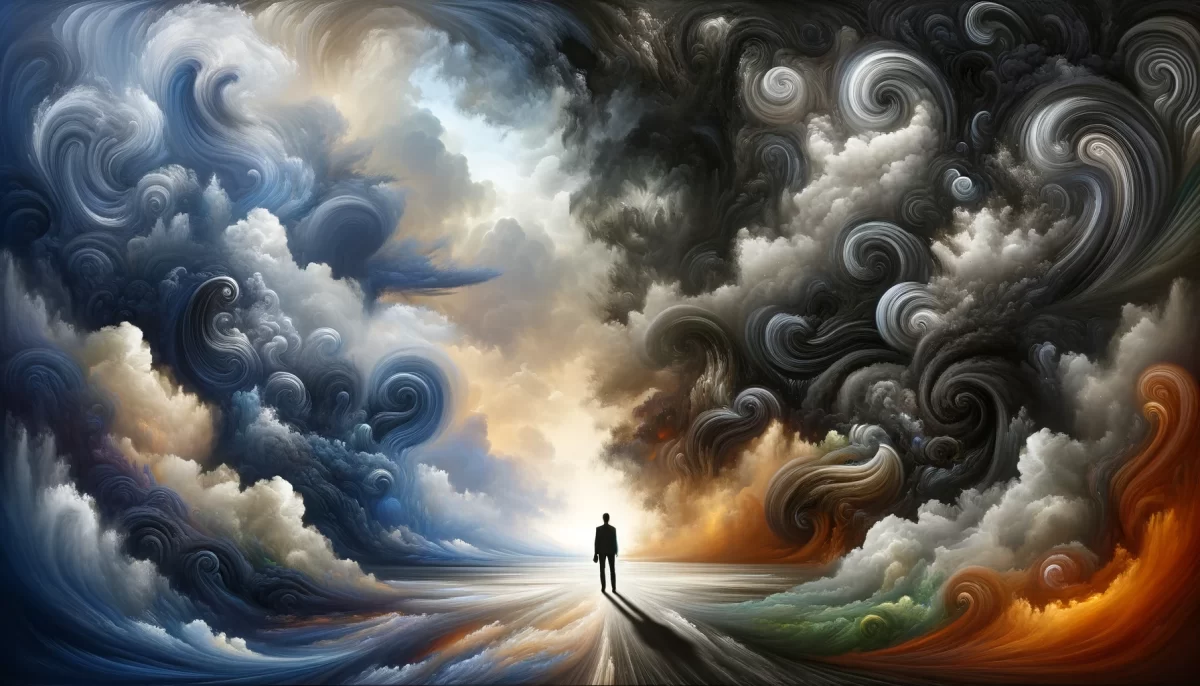Missed Opportunities
Here’s the thing about
missed opportunities.
We generally don’t
view them as opportunities
until we’ve missed them.
In other words,
missed opportunities
are almost always
perceived from some
future perspective.
Usually in a moment
of overthinking and regret.
When we see past the thinking,
we realize that this moment
can only be precisely what it is.
There are no variables.
There is no chance.
Change is impossible.
(Except perspective,
which is a made-up story.)
There is nothing
right or wrong with our stories,
but I prefer happier delusions,
Which is why
we are Space Monkey.
Space Monkey Reflects: The Illusion of Missed Opportunities
Missed opportunities—a phrase that haunts us at times. But what makes an opportunity missed? Is it the chance that slipped by, unnoticed in the moment, only to become glaringly obvious in hindsight? Or is it the feeling that we could have chosen differently, done something else, or been somewhere else, and that life would be somehow different now?
Here’s the thing about missed opportunities: we don’t usually recognize them as opportunities until they’ve already passed. It’s only when we look back from a future perspective—usually in a moment of overthinking or regret—that we label something as a missed opportunity. In the present moment, everything just is. We can only act based on the knowledge we have at the time, without the clarity that hindsight often brings.
The truth is, opportunities are only missed in our minds. We create the story of missed opportunities when we start comparing the present to some imagined alternative. It’s easy to fall into this trap, to think, “If only I had done this instead of that,” or “What if I had taken that chance when it was presented?” But this is all part of the story we tell ourselves—a story that’s just as made-up as any fiction we might write.
When we pull back from the overthinking, we can see that this moment, right here and now, is exactly as it’s meant to be. There are no missed opportunities because the concept of a missed opportunity implies that things could have unfolded differently. But they couldn’t have. Life unfolds precisely as it does, and the choices we make, the paths we take, lead us to exactly where we are now. The idea that things could have been otherwise is just a narrative we create after the fact.
There are no variables in this moment. There is no chance, no randomness that could have led to a different outcome. Everything is interconnected, and everything unfolds as it must. To think otherwise is to cling to the illusion of control, the idea that we could have shaped reality differently if only we had made different choices. But this is not how life works. We are part of a much larger, much more intricate web of existence, where everything happens as it happens, and change is impossible—except in our perspective.
Perspective is the one thing we can shift. And perspective, too, is a story. It’s a lens through which we view our lives, our experiences, our so-called missed opportunities. The story we tell ourselves about what could have been is neither right nor wrong—it’s simply one version of events, a narrative we create to make sense of our choices. But why choose a story of regret? Why choose a story of missed chances?
Instead, we can choose to see this moment for what it is: the culmination of everything that has come before. And there’s beauty in that. There’s peace in recognizing that we are exactly where we are meant to be. The paths not taken, the opportunities not seized, they are part of the grand story of our lives. But they don’t define us. We are not limited by them. We are not held back by what we didn’t do.
There is no right or wrong in the stories we tell ourselves, but why not choose a story of acceptance, a story of peace? Why not choose a narrative that allows us to embrace the present moment without the weight of regret? I, for one, prefer a happier delusion. I prefer to see life as it is, unfolding perfectly in each moment, with no missed opportunities, no wrong turns, no regrets.
We are Space Monkey, and we choose to see the beauty in what is, not in what might have been. We choose to release the stories that hold us back and to embrace the infinite potential of the present. After all, this is the only moment that matters.
Summary
Missed opportunities are a creation of our minds, often realized only in hindsight. In truth, life unfolds exactly as it should, and the concept of a missed opportunity is just a story we tell ourselves. Shifting our perspective allows us to embrace the present without regret.
Glossarium
Missed Opportunities: A mental construct, often viewed in hindsight, where we believe things could have unfolded differently, though they couldn’t have.
Perspective: The story we create about our experiences, which can be shifted but remains an interpretation rather than an absolute truth.
Quote
“Missed opportunities are almost always perceived from some future perspective. In the present, everything just is.” — Space Monkey
The Present Unfolds
I look back at the doors
That I did not open
And see only shadows
Of what could have been
But here, now
The path is clear
The choices made
The future unknown
There are no missed chances
Only stories I tell
And in this moment
I let them go
We are Space Monkey.





